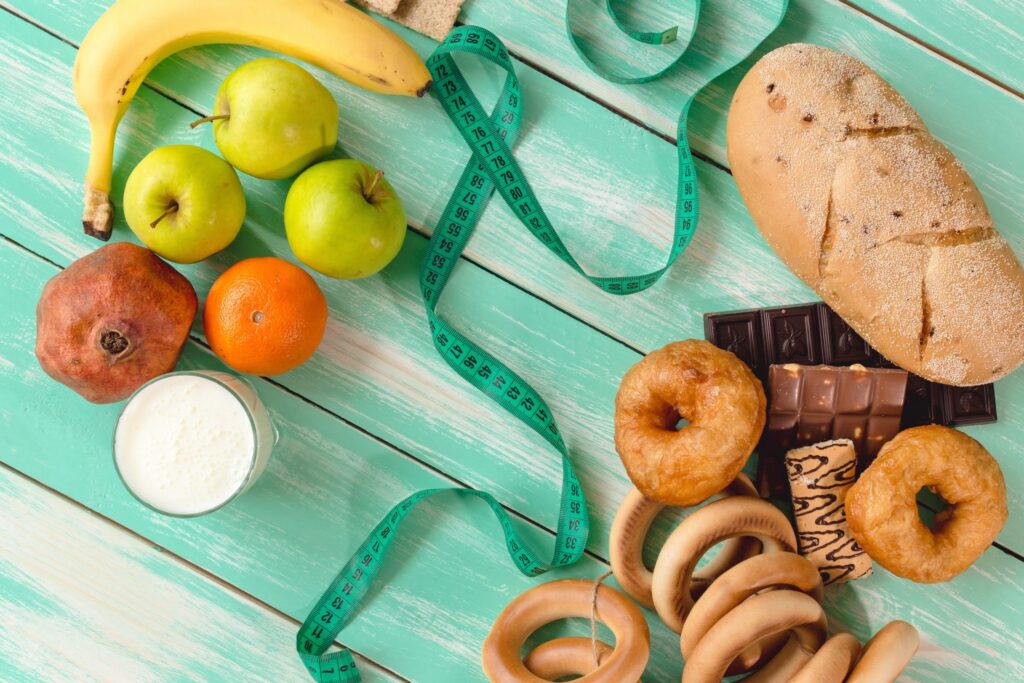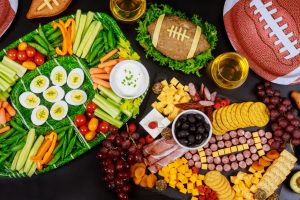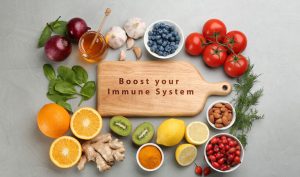Eat less fat. Eat more fat. Carbs are bad. Carbs are good.
Nutrition advice changes so often, no wonder so many people are confused.
But when it comes it calories, the advice to consume fewer of them seems set in stone. After all, “a calorie is a calorie”-Right?
Wrong.
For years, we’ve been told that if we “eat less and exercise more,” we’ll lose weight. That recommendation is based on the belief that we need burn more calories than we take in. But this doesn’t tell the whole story.
As it turns out, it isn’t the amount of calories you consume that really affects your weight and your health. It’s the type of calorie.
It’s true-the calories you eat are actually absorbed at different rates. And the different amounts of fiber, carbohydrates, protein, fat, and nutrients in these calories can have very different effects on your metabolism. There’s no difference between a thousand calories of kidney beans and a thousand calories of a low-fat muffin-until they’re metabolized.
As you can see, food isn’t just a source of energy-it’s a source of operating instructions for your body.
Calories 101
So what is a calorie anyway? Simply put, a calorie is just a unit of energy. When we eat food, chemical processes that make up our metabolism break this food down and turn it into energy. Burning this energy lets us do what we need and want to do-from breathing to running a marathon.
It’s like your car: You have to put fuel in it to make it run. For people, food is our fuel. Calories are what help us “run.”
The Dieting Myth
Just like high quality fuel is better for your car than the cheap stuff, some calories are better for our metabolism than others. That idea flies in the face of conventional diet wisdom, but it’s true-and science backs it up.
For example, recent studies show that high-carb diets can boost insulin and blood sugar levels. The result? Weight gain (not to mention high cholesterol and triglycerides). On the other hand, people who eat a healthy low-carb diet that’s rich in vegetables, whole grains, beans, and lean animal protein-but consume more calories than low-fat dieters-actually lose more weight!
As you can see, the kinds of calories you consume can have a big impact on weight gain, because different foods are metabolized in different ways. Food “talks” to your genes, giving your metabolism specific instructions-whether to lose weight or gain weight, speed up or slow down the aging process, increase or decrease your cholesterol level, and produce molecules that increase or decrease your appetite.
No wonder you can feel like you’re doing everything right and still not lose weight!
The Whole Truth
If you want to lose weight and be healthy, you have to send your body the right messages. That means living in harmony with your genes.
This means different things for different people. Depending on our genes, some of us may need more carbs, protein, or fat than others.
But there’s one basic principle that works of everyone: Base your diet on whole, unprocessed foods. Foods that are in their natural state talk to your genes the most effectively-and were designed by nature to keep you at a healthy weight.





